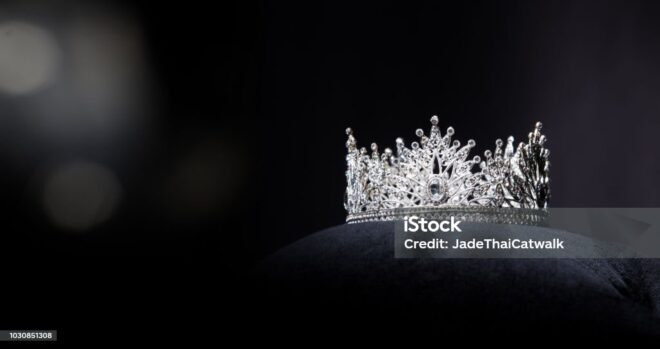
Beauty pageants are competitive events where participants, often referred to as contestants, showcase their talent, intelligence, and physical beauty. Why are beauty pageant judges so invested in your social life?
The purpose of beauty pageants is to celebrate culture, promote social causes, provide scholarships, or empower individuals to build confidence and pursue careers and entertainment that judges find important. They have been around for centuries, and various forms became formalized and popular around the 20th century. Many forms continue to evolve as reflections of changing society, values blending tradition to modern idols of empowerment and inclusivity.
Contestants are often judged on their ability to present themselves confidently and connect with the addition and judges. Many pageants include an interview segment or an onstage question round to gauge a contestant’s ability to articulate thoughts, demonstrate knowledge, and handle pressure. Sophia Bazzi says, “They do not force you to do anything you don’t want to do, but let you know that there will be some pressure while answering questions and speaking.” Sophia explains that the pressure isn’t something they give you; it’s something that comes to you when you are nervous and speaking.
Some pageants like Miss America have a talent portion or contestants, such as singing, dancing, or playing an instrument. Many competitions include Miss Universe and Miss World, value, contestants, involvement, social causes, and durability to advocate for a meaningful issue. While still connected to appearance and fitness segments, most often focus on promoting a healthy and active lifestyle. Possession contestants may also be judged on their knowledge of national or local issues.
Pageants often promote narrow definitions of beauty, which can contribute to body image issues, especially for younger participants or viewers. Asya Aoun states, “It changes how you see yourself and feel overlooked when looking at other girls.” Asya Aoun shows that there are times when someone could be insecure during a beauty pageant or even during any position in life. Participation costs include entry fees, wardrobe expenses, and coaching, which people don’t see when contestants enter the competition.
Often girls at younger ages get called “inappropriate” for dressing the way they do at a young age at beauty pageants. Sophia Bazzi states, “I have always had confidence in myself, especially as the teenager I am, but the person that has helped me gain that confidence was my mom showing me and influencing me in everything I do.” Sophia Bazzi struggles to feel beautiful, especially at her age, but gets encouraged by the people she trusts, like her mother.
Encouragement should be given to the representation of body types in the cities, genders, and ages to change narrow norms. Establishing clear and transparent judging guidelines to explore guidelines for contestants and families. Malak Beydoun stated, “I have made many friends during the competition, and even with the judges who were great with feedback and while judging the other contestants.” Malak Beydoun says that judges are super fair with how they judge and has even made many friends with the judges.
It has actively engaged contestants in the process of performing pageants to ensure voices are heard and their concerns addressed. Malak Beydoun also states, “Even hearing these voices myself as a contestant makes me, and us women feel so heard about the things people never hear from us.” Malak wants to address that the discussions these questions have on us women are very important with the social impact that beauty pageants have on us contestants.
Beauty pageants are more than just glitz and glamour. They are a testament to the strength, silence, and individuality of those who compete beyond the stage light and sparkling crowns. There is self-discovery, and it not only showcases their talents and poses but also closes to the hearts that inspire others to pursue their dreams. In the end, beauty pageants remind us that True beauty shines brightest in moments of courage, purpose, and authenticity, not just a sparkling crown that just symbolizes that you won.
By: Laya Swaidan